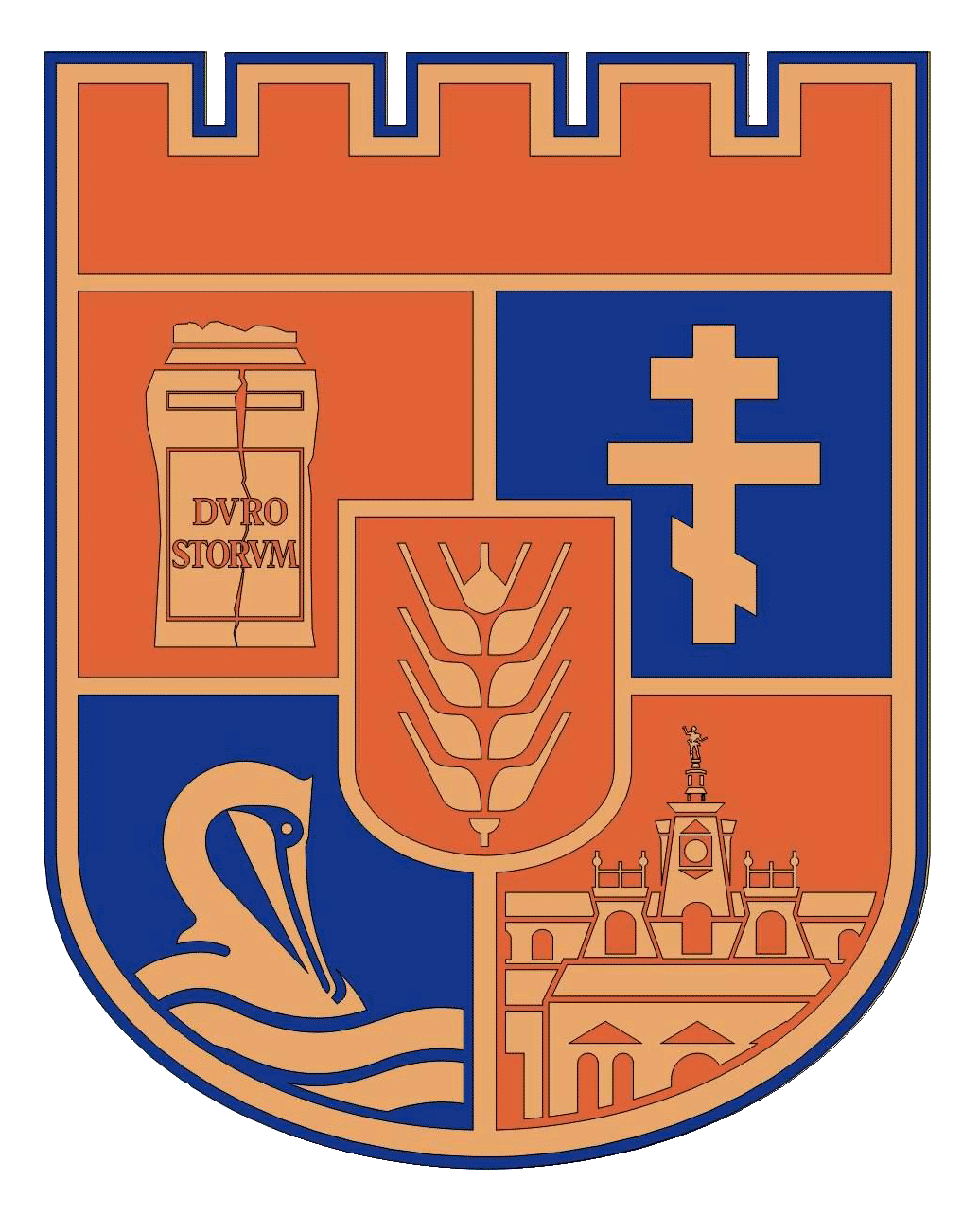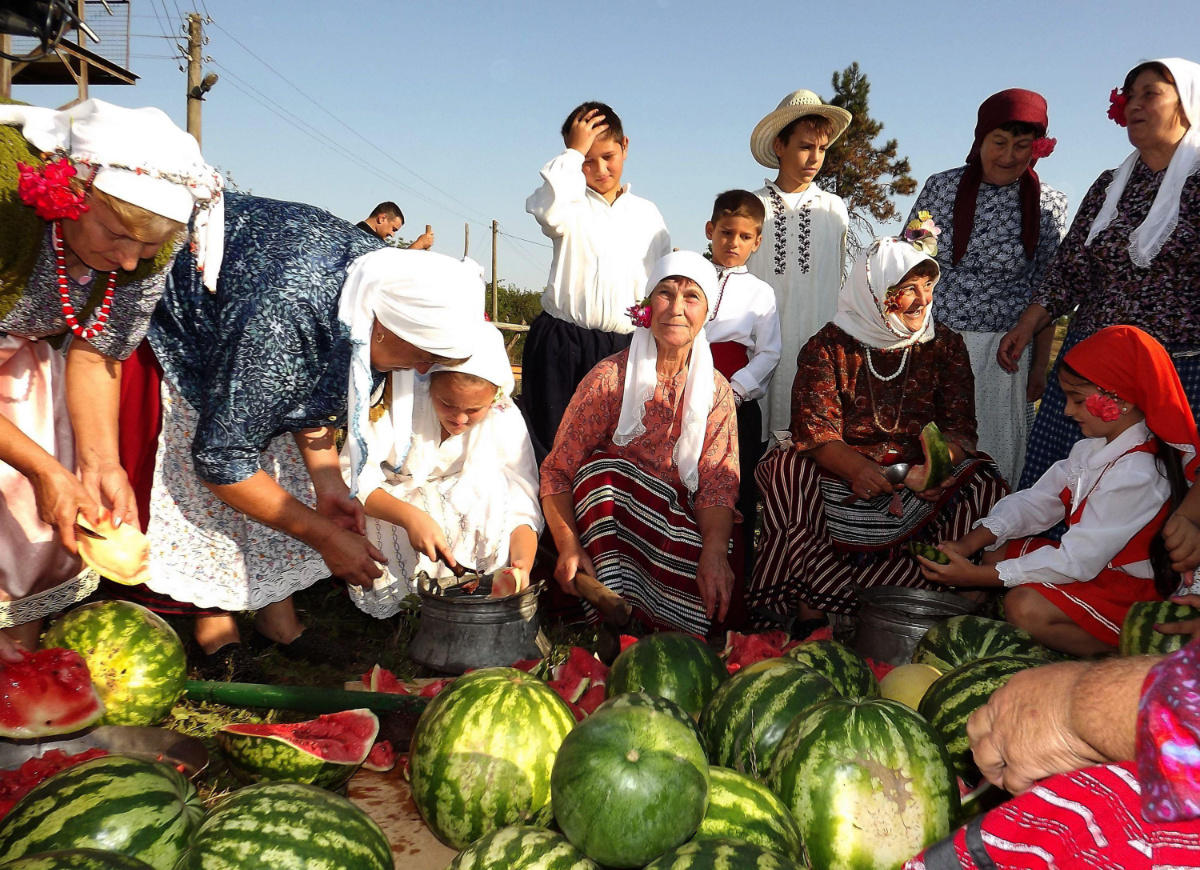Watermelon honey festival – Smilets village
Category OtherLOCATION
The watermelon honey festival is held in the village of Smilets, Silistra municipality, 415 km away from Sofia. The town is 429 km away from the capital Sofia. There is a bus three times a day leaving from the Sofia Central Bus Station to Silistra, as well as a train three times a day from the Sofia Central Railway Station.
DESCRIPTION
The watermelon honey festival is the only one in the country and is held since 2015, the last week of August, on a day off. The aim is to rebuild a two centuries old tradition. The honey is prepared by an old recipe that is passed down from generation to generation. Hundreds of people from all over the country gather at the festival in August or September. It is traditionally organized by the municipality, the mayor of the village and the local cultural center.
HISTORY
Desserts have a strong presence in Bulgarian cuisine. The preparation of jams (called “sladko”) and marmalades of different fruits is a tradition that is still observed. This process is a part of the preparation of winter food called “zimnina”. Examples of these are “petmez” (compressed grape juice), “rachel” (hard jelly made of pumpkin), as well as fig jam, raspberry jam and rose jam. In Bulgaria, the preparation of jam and marmalade at home is very popular. They are prepared using different technology depending on the geographical location. For example, in Northern Bulgaria, in strawberry jam people add the spice “indrische”, and in some regions in the South - mint.[1]
Starting in the early morning, the masters, assisted by local children, prepare the trays and other cooking devices. The watermelons are picked up on the same day. Carved in the soil, nests in which the fire is lit are shed and the trays are placed in them. In order to prepare the watermelon honey, also known as "poor man’s honey", the watermelons are scraped off, poured into ordinary pots and boiled on the fire until juice is obtained. Then it is squeezed out of the seeds and boiled again until it thickens.
Memories of the watermelon honey in Smilets have been preserved for 200 years. The mayor of the village urged the locals to bring life to the forgotten tradition once more. People here say that the honey is good for you because once upon a time the locals were healthier. They used it both as a sweetener and as a medicine for a sick throat.
Traditionally, the holiday begins in the morning with a wagon-ride to the field, where the watermelons are picked, a folklore and a competition program is opened before noon, and after lunch the prepared honey along with a warm banitsa is tasted. After that the results of the contests are announced, which are for the most beautiful cart, the most beautiful watermelon lantern and the most original modeling on wood.
Smilets is now looking for a way to preserve the recipe for watermelon honey as a generations legacy, and so readily relinquish it to anyone who wants to develop the idea in the commercial sphere. According to them, the demand for the finished product is large and Smilec could not respond to it and feed the market, so it gladly offers their own business idea and recipe of this natural product.
The locals believe in the sense of transferring knowledge, not keeping it secret and thoroughly brewing the honey and welcome guests in an old Bulgarian custom. So, with a lot of love, the holiday turns into a lucrative endeavor.
Memories of the watermelon honey in Smilets have been preserved for 200 years. They say that in addition to a sweetener, they also use it as a medicine for a sick throat.
More than 150 kg of watermelons are used to make it for the holiday. Before it is poured into the recipe, the honey is spiced with basil and geranium bourbon. Halva and pimse are also made from the honey. Once the honey has been prepared, lanterns are made from the watermelons and the children pass through all the guests to show them.
A review of folk costumes and ornaments for children is also held. In 2015 the Smilets village and the amateurs at the "Svetlina -1906 - Smilets Chitalishte" organized the first demonstration of the making of the watermelon honey named "From the gound to the tray". Dressed in folk costumes, young and old, go in early May to sow the so-called bostan”, which they care for to the moment of picking up the watermelons. On the last Sunday of August the holiday is organized, accompanied with folk songs and dances from Dobrudzha region. Parts of the festive program are also workshops of a competitive nature:
- "The rolling pin sings" - a hand made pie;
- "Culinary watermelon fantasies" - elaboration of watermelon lanterns, watermelon figures and others.
- "Attractive review of folk costumes and ornaments from children aged 0-10 years" - a defile of authentic costumes for children. The aim is to preserve and convey the traditions, to build in the young people qualities such as labor, entrepreneurship, commitment to the being, traditions and livelihood in the village, to preserve, care and transmit the cultural and historical heritage.
The watermelon honey festival is covered by the media every year. It is of interest to people from different parts of the country and abroad. The holiday is also accompanied by a musical program featuring amateurs. An interesting ethnographic exhibition is presented in the village. A collage of photos from the holiday of previous years can be seen. Photographs depict the process of preparing watermelon honey and the participations in competitions.[2]
SITE SIGNIFICANCE
The expositions in the Archaeological Museum include prehistoric, antique and medieval times. The feast of the Watermellon madzhun is the only one of its kind in the country.
VISITOR INFORMATION
The festival is traditionally held in August in the last week of August, on a day off, outdoor. Visiting is free.
SITE CLASSIFICATION
Culinary tradition
[1] Bnr.bg<http://bnr.bg/radiobulgaria/post/100234407/bylgarskata-kuhnya-vyv-vihyra-na-sladkoto-i-marmalada>(24.04.2018)
[2] Glbulgaria.bg. <http://www.glbulgaria.bg/bg/node/29717> (24.04.2018)




